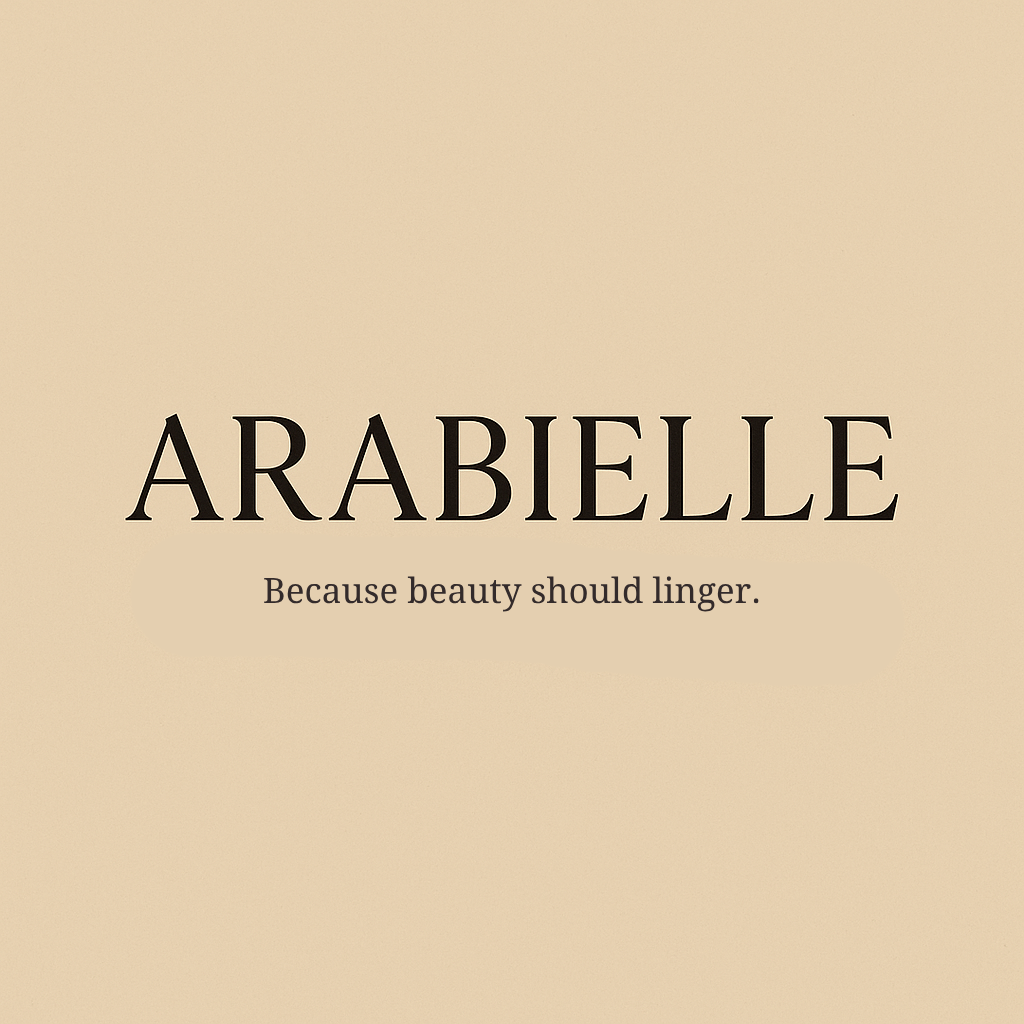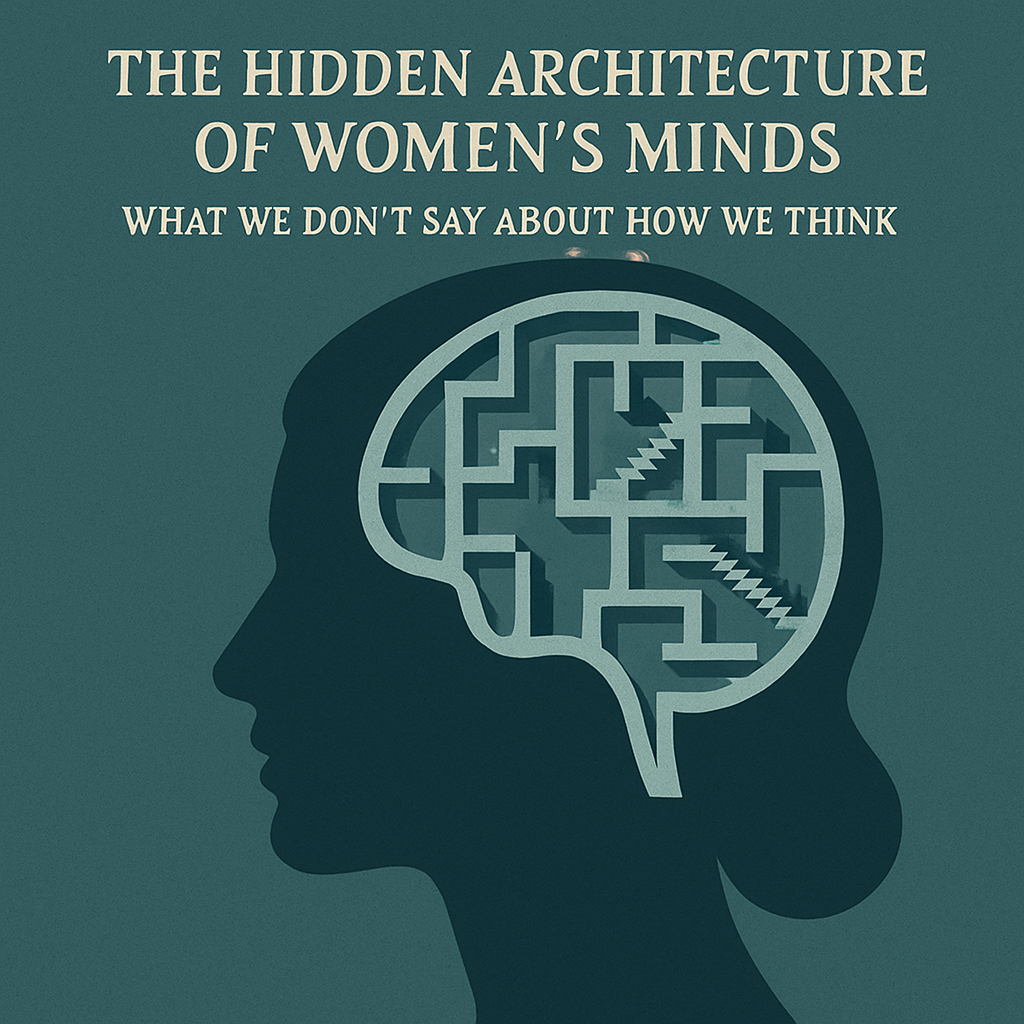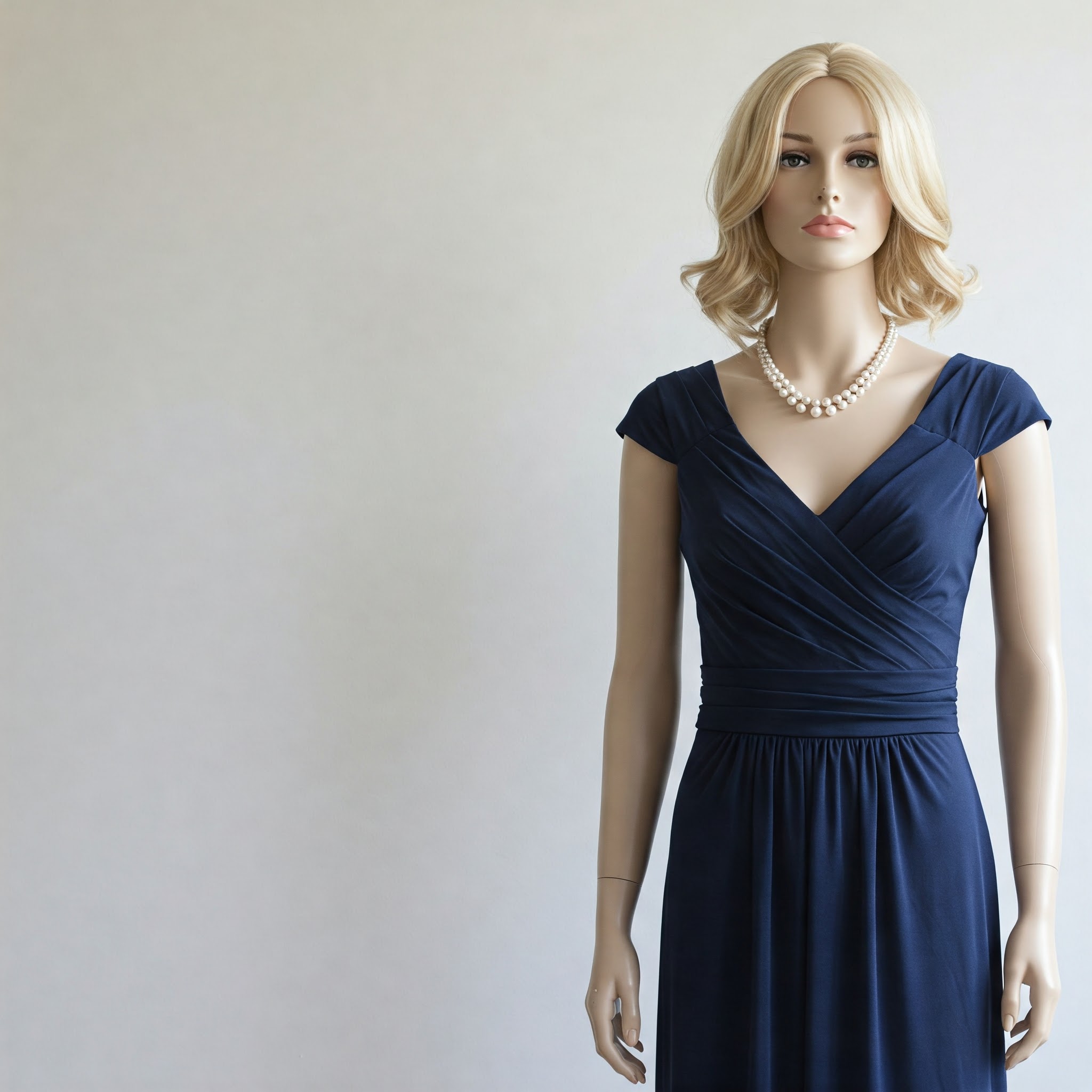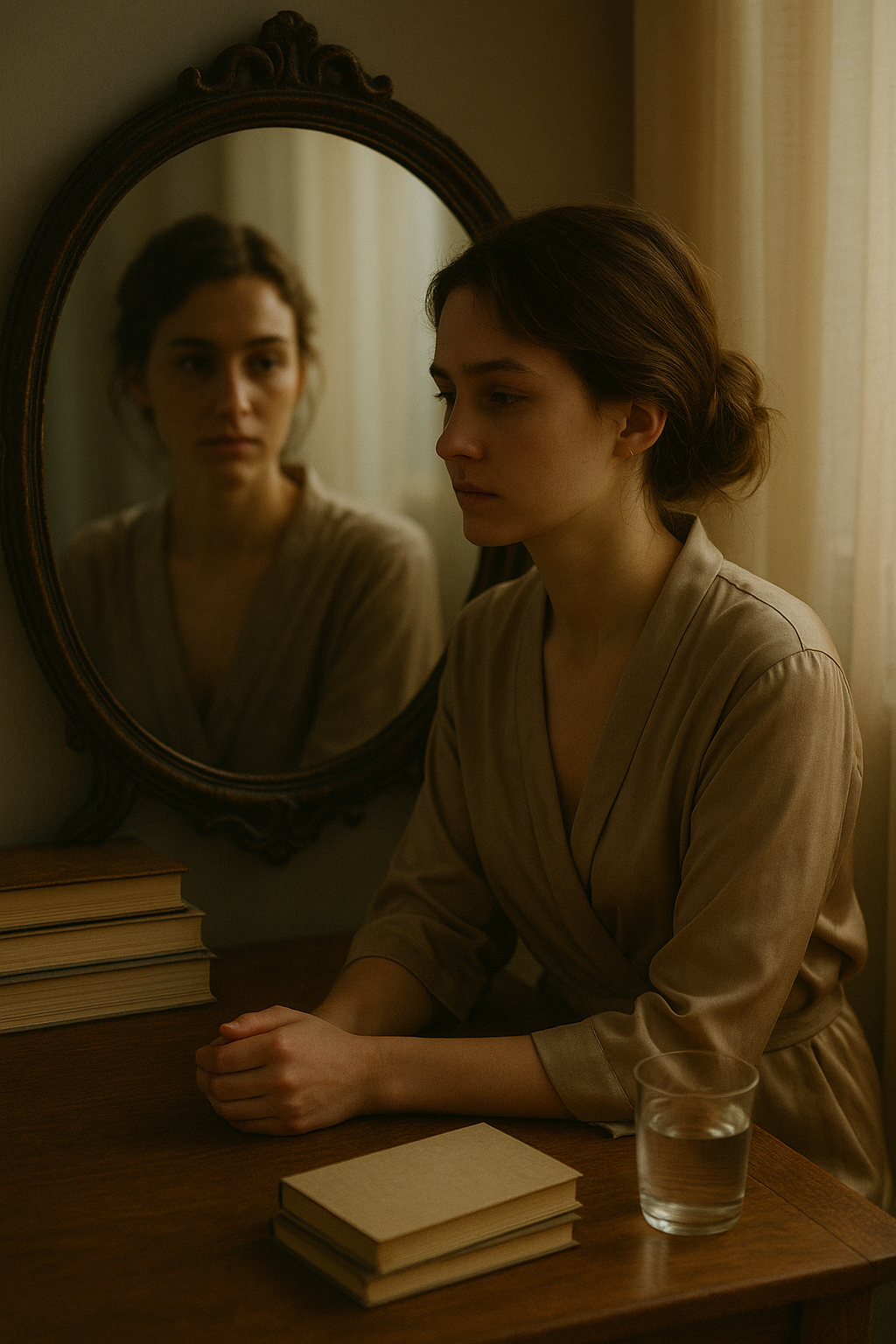In the spaces between our words and our actions lies a universe of unspoken truths about how women navigate a world that wasn’t designed for their complexity.
1- The Double Consciousness We Don’t Discuss
Every woman you’ve ever met lives simultaneously in two realities.
The first is the visible world—the one where she speaks in meetings, laughs at dinner parties, and moves through public spaces with practiced ease. The second is the internal landscape where calculations happen with such speed and subtlety that they’ve become almost unconscious.
Is this route safe to walk alone? Will speaking up here mark me as difficult? Am I taking up too much space or not enough? How will this outfit be interpreted in this context?
This dual processing isn’t occasional—it’s constant. A background operating system running even in seemingly safe environments. Like a chess player thinking multiple moves ahead, women often navigate social interactions with heightened awareness of potential consequences that many men never have to consider.
Research from the American Psychological Association confirms what women intuitively understand: this cognitive load affects everything from career advancement to physical health. The mental energy expended on navigating these dual realities creates what psychologists call “attention residue”—the diminished cognitive capacity that remains when your mental resources are divided.
Yet we rarely name this phenomenon in our everyday conversations. Instead, we package it in more palatable terms: intuition, emotional intelligence, or simply being “good with people.”
The truth is more complex—and far more interesting.
2- The Paradox of Strength Through Vulnerability
Perhaps the most misunderstood aspect of female psychology is the sophisticated relationship women develop with vulnerability.
From early childhood, girls receive contradictory messages: be open but not needy, authentic but always pleasing, strong but never intimidating. This creates what psychologists call an “approach-avoidance conflict”—simultaneous desires to connect through openness and to protect oneself through strategic withdrawal.
The resolution to this conflict often emerges as a remarkable psychological adaptation: selective vulnerability as a form of strength.
Women learn to reveal carefully chosen fragments of themselves—enough to form connections, signal trustworthiness, and create reciprocity, but rarely so much that they become fully exposed to potential harm. This calibrated openness isn’t manipulation—it’s a sophisticated survival mechanism developed in response to environments where full authenticity has historically been penalized.
Dr. Brené Brown‘s research illuminates this paradox perfectly. Her studies show that while vulnerability creates our deepest connections, women face disproportionate social penalties for the “wrong kind” of vulnerability. This creates a complex internal equation: determining exactly how much authenticity is safe in any given context.
The most fascinating aspect? Many women navigate this calculation so instinctively they don’t consciously register doing it at all.
3- The Unacknowledged Power of Pattern Recognition
Women’s brains excel at something cognitive scientists call “high-dimensional pattern recognition”—the ability to simultaneously track multiple subtle variables and detect meaningful relationships between them.
This manifests as an almost supernatural ability to:
- Notice shifts in emotional temperature before they’re verbally expressed
- Detect inconsistencies between what people say and what they do
- Remember complex social histories and anticipate interpersonal dynamics
- Identify potential threats from subtle environmental cues
These capabilities aren’t mystical female intuition—they’re the result of neurological adaptations reinforced by social necessity. When your physical safety and social standing depend on accurately reading others’ intentions, your brain becomes exquisitely attuned to patterns others might miss.
Neuroscientist Dr. Lisa Feldman Barrett‘s research demonstrates that women typically show heightened activity in brain regions associated with integrating social information and predicting others’ behavior. This isn’t innate gender difference but rather neural plasticity responding to lived experience—your brain strengthens the pathways you use most frequently.
The irony? This sophisticated cognitive ability is often dismissed as being “oversensitive” or “reading too much into things.” Yet this same pattern recognition, when demonstrated in traditionally male domains like strategic business analysis or military intelligence, is lauded as exceptional insight.
4- The Strategic Management of Desire
Perhaps no aspect of female psychology is more misrepresented than women’s relationship with desire—both their own and others’.
From adolescence, women learn that their desires must be carefully managed, often hidden, and strategically revealed. This creates a complex internal relationship with wanting itself.
Unlike the straightforward narrative that women are taught to suppress desire, the reality is more nuanced. Women develop what psychologists call “desire intelligence”—the ability to understand, negotiate, and sometimes strategically leverage desire within complex social systems.
This manifests in fascinating ways:
- The ability to want something while simultaneously evaluating the social cost of expressing that want
- Navigating the tension between desire and safety
- Developing private languages for communicating desire in coded ways
- Learning when desire must be masked and when it can be revealed
Dr. Esther Perel‘s groundbreaking research on female desire reveals how this complicated relationship affects everything from career ambitions to intimate relationships. Her studies show that women don’t simply have less desire than men (as conventional wisdom suggests)—they have equally powerful desires complicated by a sophisticated awareness of potential consequences.
The most compelling finding? When women feel genuinely psychologically safe, their expression of desire—for achievement, for connection, for pleasure—often surpasses men’s in both intensity and complexity.
5- The Unspoken Economy of Emotional Labor
Every woman participates in an invisible economy that shapes her daily existence: the exchange and management of emotional labor.
This isn’t simply about being nurturing or kind. It’s a sophisticated system of tracking, anticipating, and responding to others’ emotional needs—often without recognition that this work is happening at all.
Consider these nearly universal female experiences:
- Remembering birthdays, preferences, and personal details for extended networks
- Noticing when someone is uncomfortable and subtly adjusting the social environment
- Managing tensions between others without drawing attention to the intervention
- Anticipating emotional responses and preemptively addressing potential conflicts
Research from sociologist Arlie Hochschild, who first identified this phenomenon, shows that women perform an average of 3.5 hours of unrecognized emotional labor daily—equivalent to an additional part-time job layered onto existing responsibilities.
The most revealing aspect? When researchers ask women to track this labor, many initially struggle to identify it—the work has become so normalized it’s rendered invisible even to those performing it.
This isn’t trivial. Emotional labor creates real value in workplaces, families, and communities. Yet unlike other forms of valuable contribution, it’s rarely acknowledged, compensated, or even named in everyday discourse.
6- The Complexity of Female Anger
Perhaps no aspect of female psychology is more misunderstood than women’s relationship with anger.
From childhood, girls receive powerful socialization against expressing anger directly. This doesn’t eliminate the emotion—it transforms how women experience and express it.
Rather than seeing female anger as “suppressed” (the common narrative), psychological research reveals something more interesting: women develop highly sophisticated anger processing systems that operate on multiple levels simultaneously.
When experiencing anger, women often:
- Evaluate the legitimacy of their anger before allowing themselves to fully feel it
- Calculate the potential consequences of expressing it in various ways
- Transform it into more socially acceptable emotions like anxiety or sadness
- Channel it into productive problem-solving rather than direct confrontation
Dr. Harriet Lerner‘s research on female anger reveals that women don’t experience less anger than men—they process it through more complex filtration systems before it reaches expression.
The most compelling finding? When women do express anger directly, they’re significantly more likely than men to have thoroughly analyzed its validity first. This means that female anger, when directly expressed, is typically both more considered and more justified than its male counterpart—yet paradoxically, it’s taken less seriously.
7- The Evolutionary Advantage of Female Friendship
One of the most powerful and least discussed aspects of female psychology is the sophisticated nature of women’s friendships.
Unlike the common portrayal of female relationships as competitive or superficial, research consistently shows that women form profoundly complex bonds with other women—characterized by high emotional intimacy, reciprocal vulnerability, and mutual assistance networks that activate in times of need.
Evolutionary psychologists suggest this pattern emerged as a survival strategy. In environments where physical power differentials created vulnerability, women developed alternative strength through alliance building. These friendships weren’t just emotionally satisfying—they provided practical protection, resource sharing, and collective problem-solving.
The neurochemistry supports this theory. When women engage in intimate conversation with trusted female friends, their brains release oxytocin in patterns similar to mother-infant bonding—creating powerful attachment that buffers against stress and promotes psychological resilience.
Dr. Shelley Taylor‘s landmark “tend and befriend” research demonstrates that while men typically respond to threat with the fight-or-flight response, women more often engage a distinct neurobiological pattern: they tend (protect vulnerable others) and befriend (strengthen social networks).
The fascinating implication? Women’s psychological architecture may be uniquely designed for creating and maintaining complex social networks—a capacity increasingly valuable in our interconnected world.
8- The Path Forward: Beyond Adaptation to Authentic Power
Understanding these aspects of female psychology reveals something profound: what we often frame as women’s “adaptations” to challenging environments are actually sophisticated capabilities with immense potential value.
The same pattern recognition that helps women detect threats also enables breakthrough insights in complex systems. The emotional intelligence developed through necessity translates directly to leadership effectiveness in diverse organizations. The strategic management of vulnerability creates authentic connection in an increasingly isolated world.
As we move toward more equitable societies, the question isn’t how women can adapt to systems designed without them in mind—it’s how our collective human potential expands when these capabilities are fully recognized, valued, and integrated into our understanding of intelligence, leadership, and success.
The most powerful shift happens when women themselves recognize these internal processes not as accommodations to limitation, but as sophisticated strengths developed through generations of navigating complex social terrain.
This isn’t just about psychology—it’s about recognizing an entirely different architecture of intelligence that has been hiding in plain sight.
9- The Question That Changes Everything
As you’ve read this, you’ve likely recognized yourself in some of these patterns. Perhaps you’ve never named them before, or perhaps you’ve discussed them only in private conversations with trusted friends.
Consider this question: What becomes possible when we bring these hidden aspects of female psychology into the light? When we recognize them not as accommodations or weaknesses, but as sophisticated capabilities developed through generations of navigating complex social terrain?
The answer might just change everything—not just for women, but for our collective understanding of human potential.
This article explores universal patterns while acknowledging that individual experiences vary greatly across cultural, socioeconomic, and personal contexts. The goal isn’t to essentialize female experience, but to illuminate commonly unacknowledged aspects of women’s psychological lives that deserve greater understanding and recognition.








